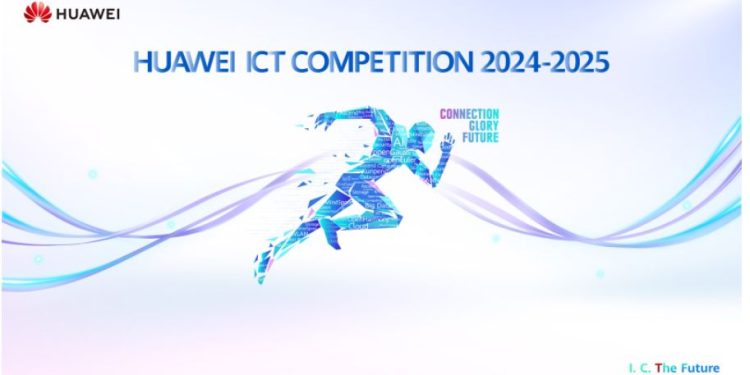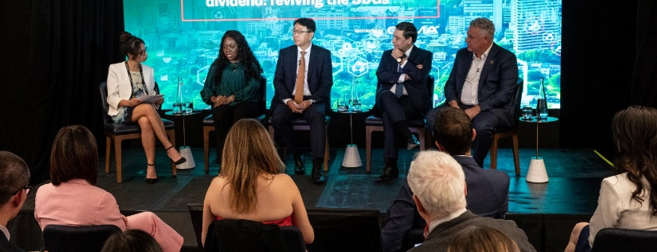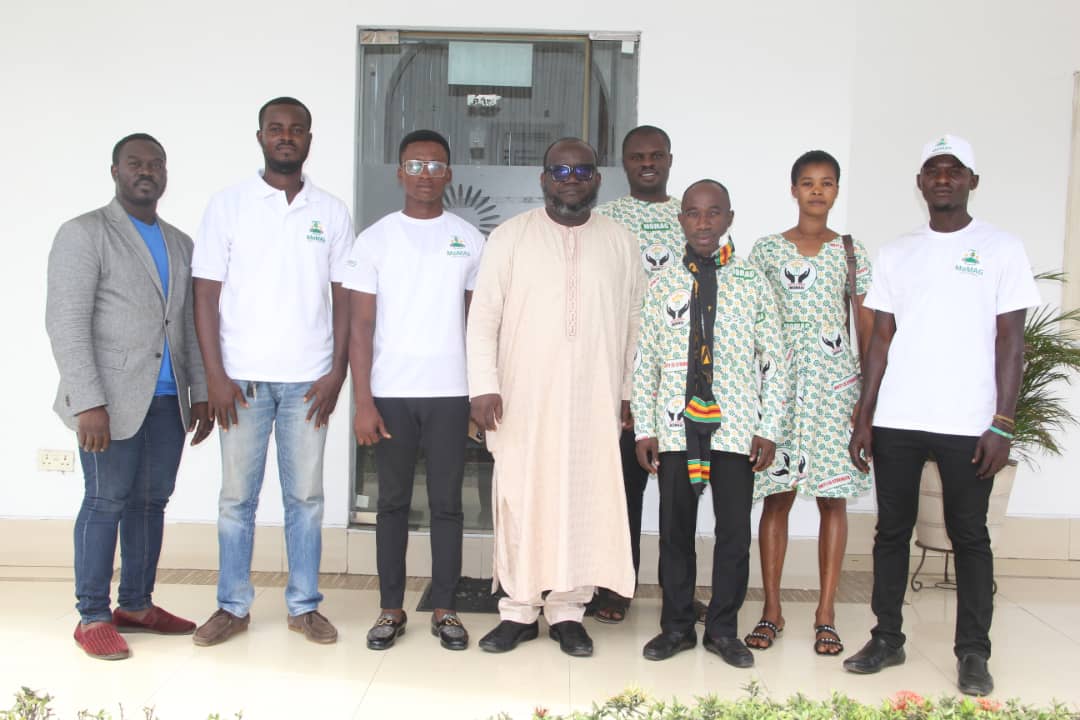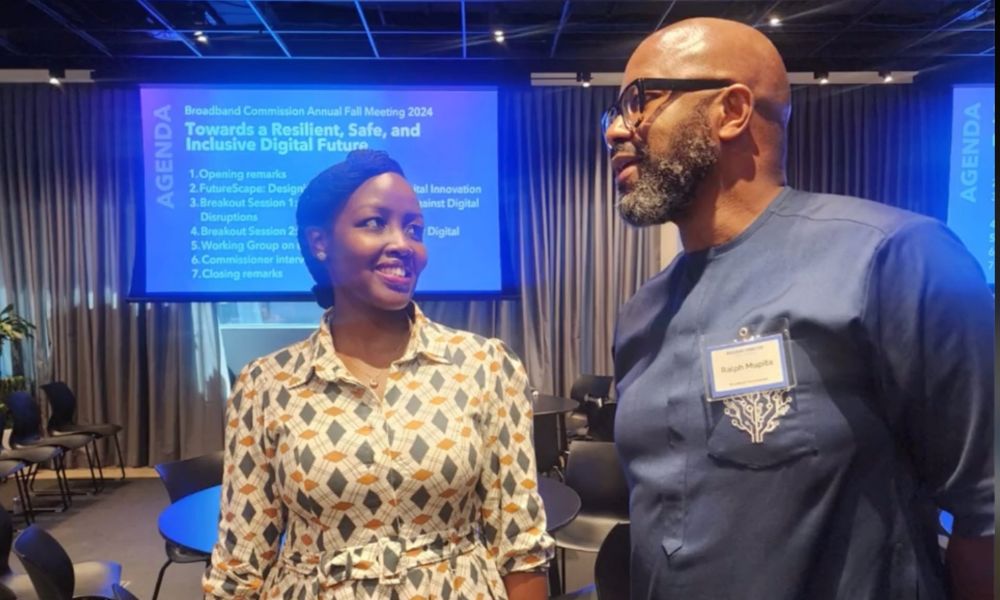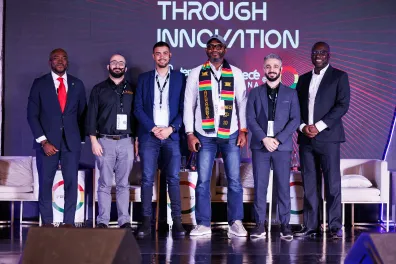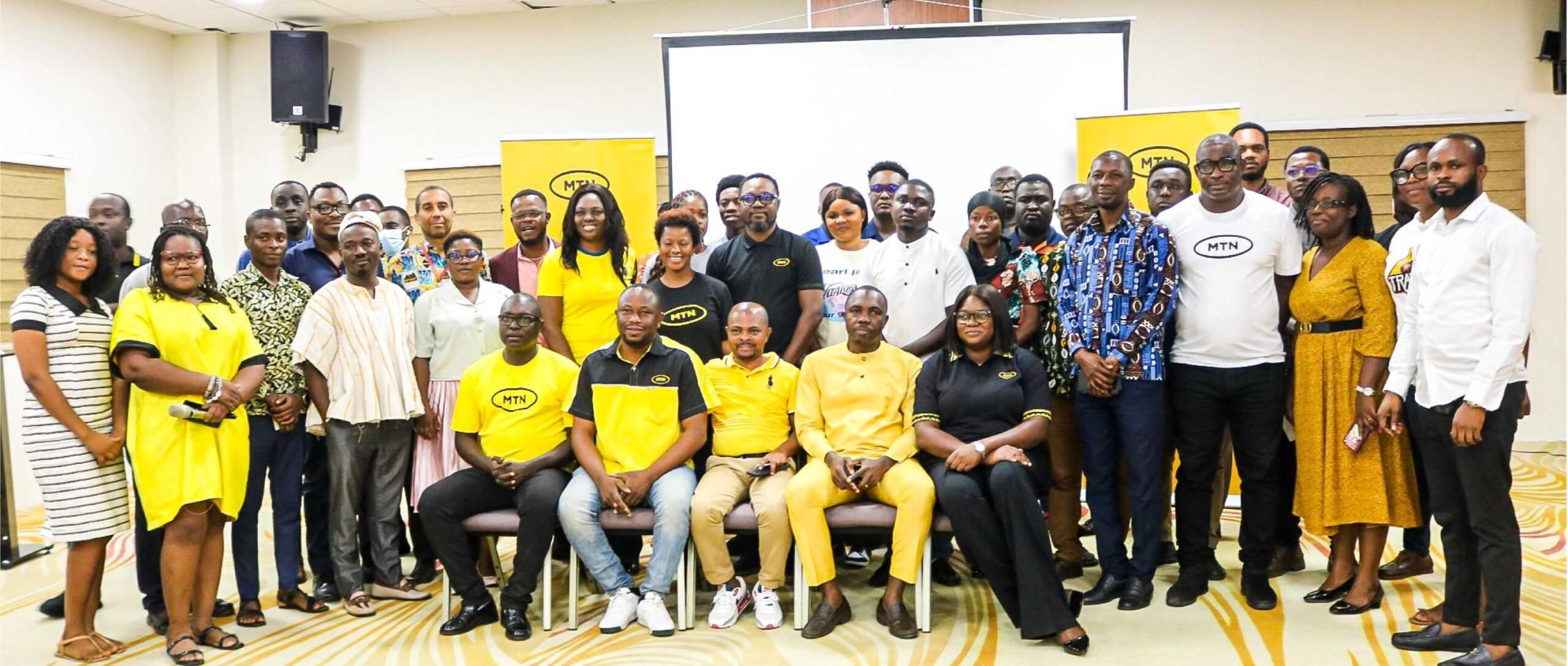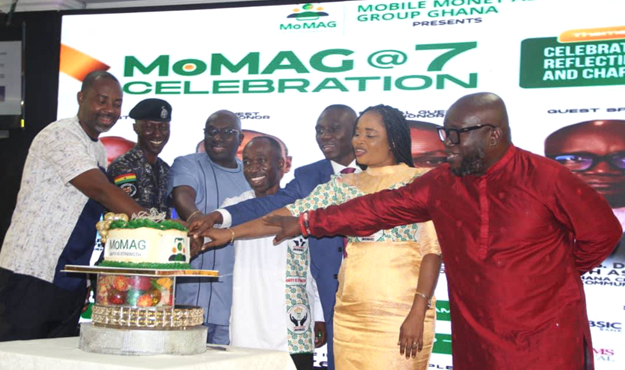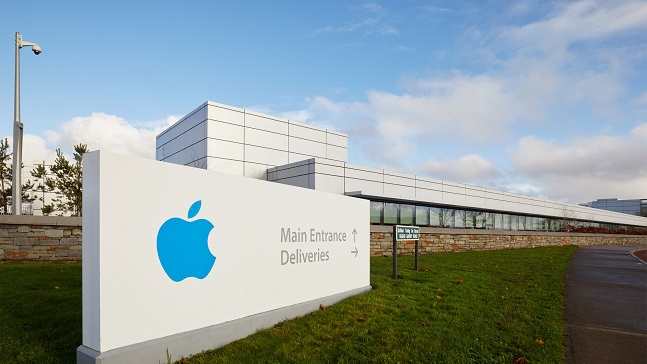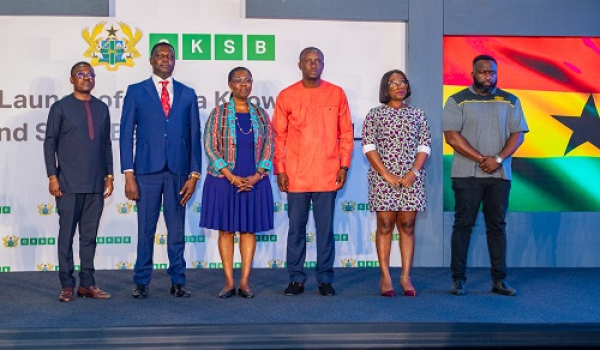Huawei, in collaboration with local universities in Ghana, is set to commence the 9th edition of its global talent exchange event dubbed “2024-2025 Huawei ICT Competition”.
The event, aimed at providing students with the platform to compete healthily and exchange ideas with peers within and outside the country, seeks to enhance their ICT skills and introduce them to new technologies, increasing their ability to innovate.
This year’s competition, which has already started with a campus roadshow has so far seen the registration of 200+ students across 2 universities in 2 regions (Greater Accra and Volta).
In 2023, over 1,400 students from 15 universities in Ghana competed at the National level, with an all-girls Ghanaian team winning third place at the Global Finals.
The 2024-2025 edition is divided into 4 tracks – the network track which focuses on IP technologies such as Datacom, Security, DCN and WLAN; the Cloud track which focuses on IT technologies such as Cloud, Big data, and AI; and the Computing track which focuses on technologies such as openEuler, openGauss and Kunpeng and the innovation track which focuses on AI general, Ascend, CANN, MindSpore, cloud-native, and OpenHarmony.
Participants in this year’s edition stand a chance to win an array of enticing prizes, including an all-expenses-paid trip to China, cash rewards, and a selection of cutting-edge Huawei gadgets.
To be part of this enriching experience, prospective participants must be Ghanaian university students and should register by October 31, 2024, using the steps below;
- Visit: https://bit.ly/SAR2024-2025 and choose Southern Africa.
- Sign up for a Huawei account or log in with an existing Huawei account.
- Click on Complete Registration.
- Fill in the required details, noting to fill in the name of your university in the Academy section.
- Choose the preferred competition track and type the account ID of the instructor in your institution.
For more information or further assistance, kindly contact ictacademygh@huawei.com.
Source: citinewsroom.com


